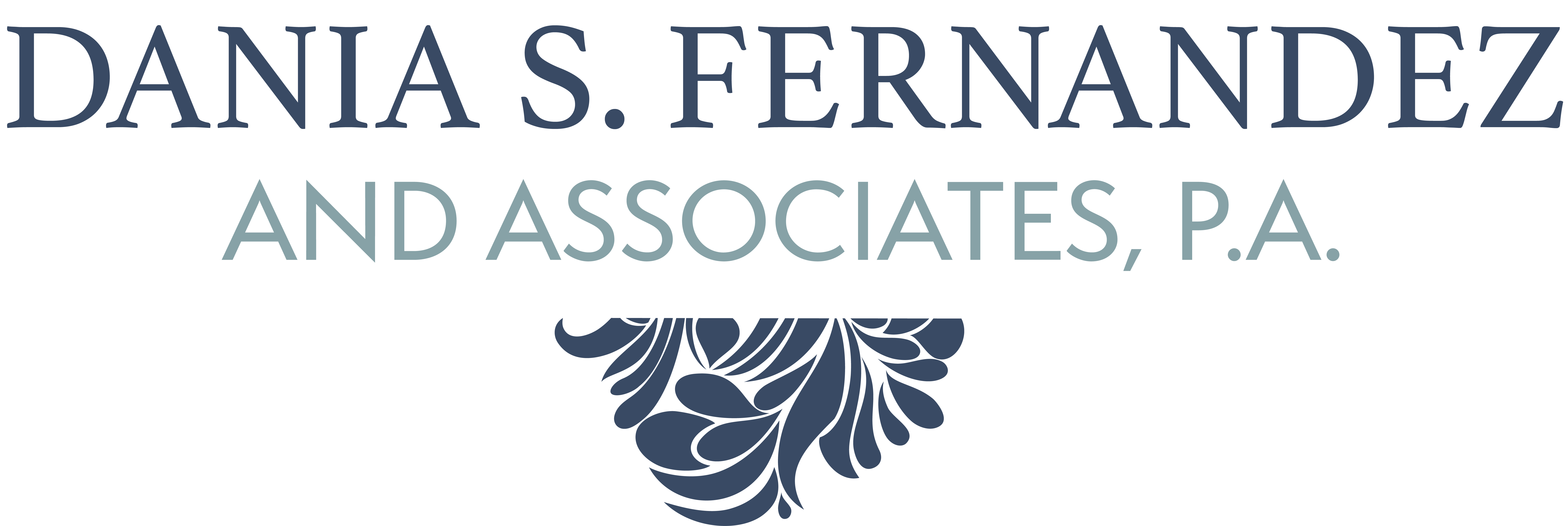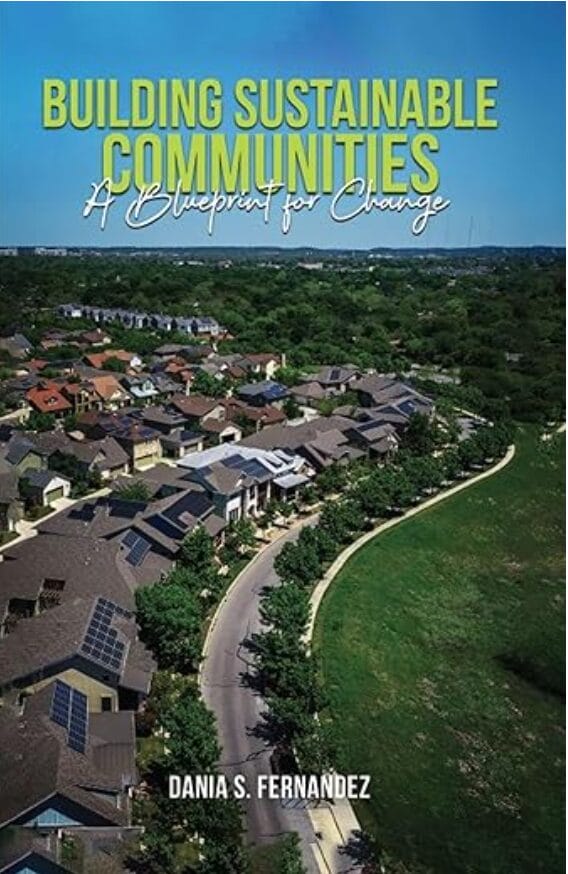
Condo associations in Florida are governed by a board of directors. Members of the board are elected from within their community and serve in a voluntary capacity. Their responsibilities are many, including managing and maintaining the community’s common areas, overseeing the budget, enforcing rules and regulations, and making decisions on behalf of the association.
As a condo owner in Miami, it’s essential to understand the duties of condo association board members to ensure that your community is well-managed and maintained – and so you’ll know what to do if you choose to run for a seat on your board.
Board Member Responsibilities 101
The composition of each association’s board will vary from HOA to HOA, but the basic responsibilities will remain the same, as all associations must abide by the Florida Condominium Act. Many boards have officer positions as well as member-at-large roles. To learn more about the duties tied to each member’s role, it may be helpful to read these FAQs. Your association’s bylaws and CC&R documents are another useful place to look.
Here’s a breakdown of some of the key responsibilities of SoFla condo board members.
- Financial management – One of the primary duties of condo association board members in Florida is to ensure that the association’s finances are properly managed. This includes creating and overseeing the budget, collecting association fees, and acting as a fiduciary when making financial decisions on behalf of the community. Board members must also ensure that the association complies with all state and federal laws regarding financial reporting and transparency. Be sure to consult with your Miami condo association attorney on any budgetary questions or concerns.
- Rules and regulation enforcement – Another key responsibility of condo association board members is to enforce the community’s rules and regulations. This includes everything from ensuring that residents abide by parking regulations to resolving disputes between neighbors. Board members are also responsible for hiring and overseeing any vendors or contractors hired to perform work on the community’s common areas. All association rules and regulations should be detailed in your CC&Rs and made available to members.
- Common area maintenance – Board members must also make decisions related to maintenance. This includes overseeing routine maintenance tasks such as landscaping, cleaning, and repairs, as well as planning for any necessary capital improvements to the community’s infrastructure or amenities. For more about what areas to include in your association’s maintenance plan, check out this post. Be sure also that your annual budget and reserves include funds for maintenance.
- Communication – Lastly, board members must communicate with the community’s residents and keep them informed about the association’s activities, decisions, and finances. This includes holding regular meetings and providing residents with opportunities to offer feedback and input on community matters.
Serving on your association’s board of directors is a big responsibility, but there are resources to help. At Dania Fernandez and Associates, P.A., we offer board member certification training throughout the year. We also have numerous legal resources on our website. Contact us today if your board is interested in retaining an attorney for your condo association or if you have questions about Florida community law. Call our offices at 305.254.4492 to schedule a free consultation.

